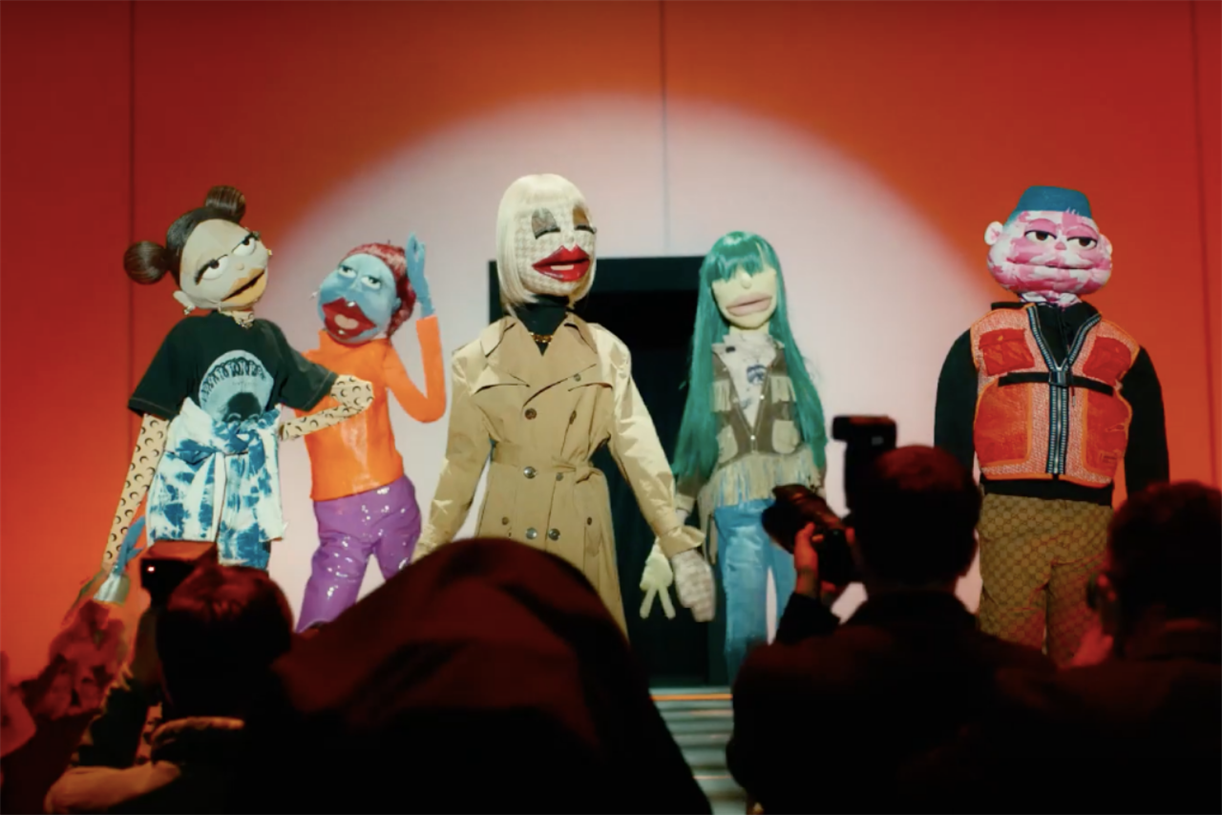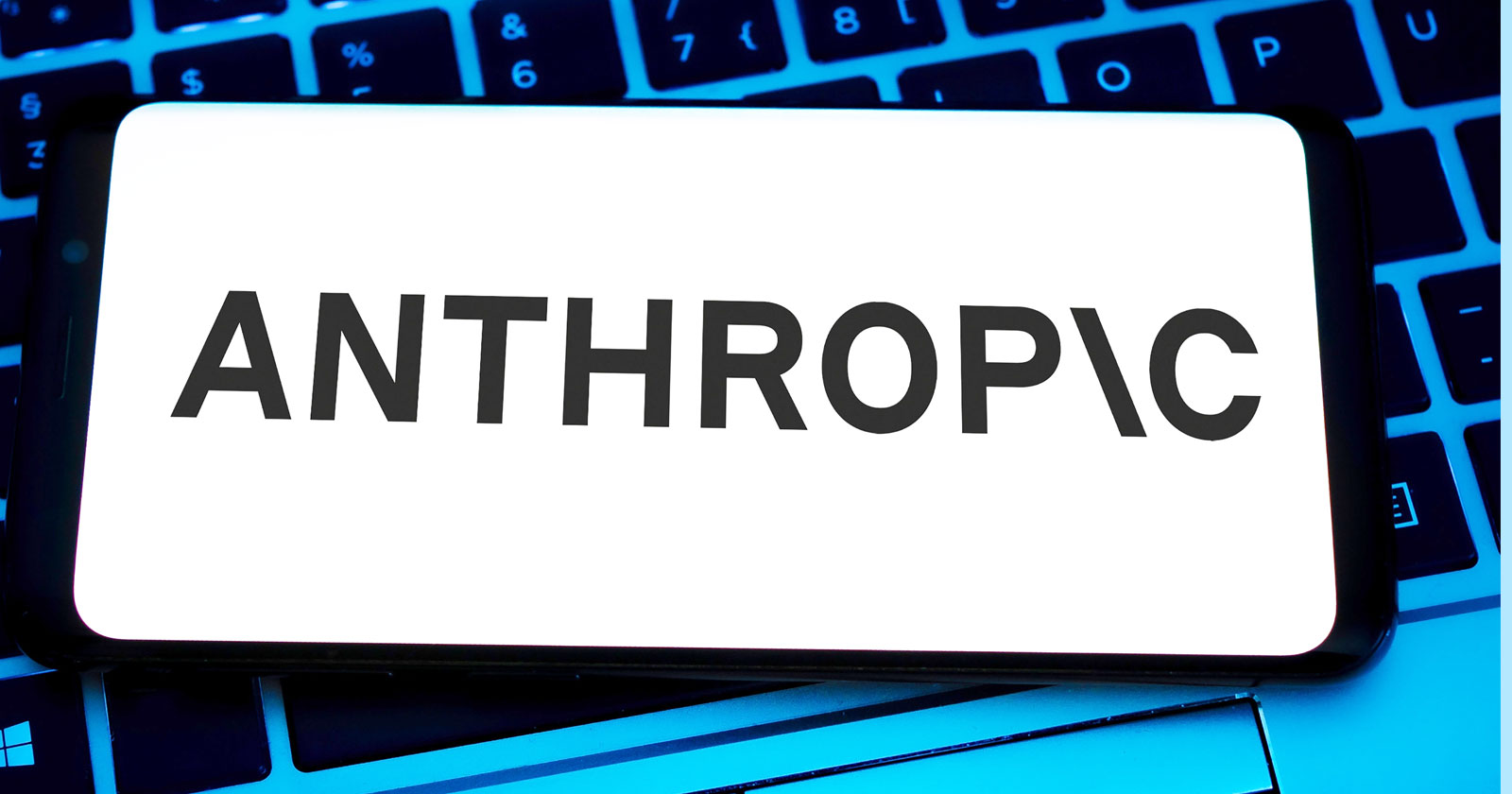40 Interests That Deserve a Place on Your Resume
Early in my career, my boyfriend (now fiancé) was helping me write my resume. I asked to see his and noticed he included personal interests. He’s an engineer, so seeing hobbies like basketball and video games stood out to...

Early in my career, my boyfriend (now fiancé) was helping me write my resume. I asked to see his and noticed he included personal interests. He’s an engineer, so seeing hobbies like basketball and video games stood out to me. I asked him why he chose to include these, and he said, “I wanted a little more personalization to my resume and want [recruiters] to know me as a person beyond a piece of paper.” And apparently, he’s not alone. According to a study by Standout CV, one in four people include hobbies and interests on their resumes. Suppose you’re curious about what interests to put on your resume — and why — this is the article for you. We'll also review the different interests and hobbies that will help you stand out in the job market. Why You Should Include Interests on Your Resume While not always applicable, there are a few scenarios when mentioning your interests and hobbies on your resume makes sense. Sarah Johnston, founder and CEO of executive resume writing firm Briefcase Coach, says if you choose to include interests on your resume, focus on customization. “We always consider the audience and the relevancy of the additional fun fact to the audience,” she suggests. Here are a few reasons why you should add your interests to your resume. The most compelling reason to include interests on your resume is to showcase your personality. Recruiters and hiring managers review countless resumes for every job role. They’re likely reading the same skills and similar experiences over and over. What better way to stand out than to give them a sense of your personality right off the bat? In my experience, having interests on my resume has led to fun conversations with recruiters and hiring managers. Talking about hobbies was a great way to break the ice (and calm my nerves) before diving into the interview questions. If the company you’re applying to values uniqueness or specific personality traits, interests could help communicate how you’d be a good culture fit. For example, here’s a job opening for a Senior Merchandising Manager at Tecovas, a direct-to-consumer western brand based in Austin. As a Western brand selling boots and apparel, Tecovas emphasizes its mission of “welcoming first-time boot buyers and Western enthusiasts alike.” If you consider yourself a Western enthusiast and enjoy activities such as horseback riding, it would be worth mentioning that on your resume to show that your interests and experiences align with the company. Some companies operate in niche industries and may seek candidates with specific skills or interests. For example, if you’re applying for a marketing manager role at an art museum, the hiring manager would likely expect you to be interested in art or art history. I did a quick search for this type of role to test this theory, and I found an old job posting for a social media coordinator at the MoMA. One of the job requirements was an interest in the art and non-profit worlds. We all have to start somewhere. If you’re a new graduate or making a career change, you likely won’t have many relevant experiences to include yet. Listing your interests or hobbies on your resume can help an employer get to know you if you have limited work experience. The key is to connect the dots between your interests and the job you’re applying for so recruiters understand how it can help professionally. Study the job descriptions and the company to get a sense of their culture and job requirements, figure out how your interests and hobbies relate, and showcase your strengths. For example, sports can demonstrate your strength in team activities, while painting can showcase your creativity. It’s been a while since I’ve interviewed for a full-time position, but occasionally, I share my resume for freelance work. And when I do, I want to make sure it’s tailored to the role and company to increase my chances of standing out. I put together a recent resume using one of HubSpot’s resume templates. I added an interests section that reflects my current work and is relevant to the types of companies I want to work with. Here are the hobbies and interests I included. I attend Pilates classes at least twice a week (it helps that my sister is an instructor!), and it’s always the best part of my day. As a writer, I’m sitting in front of my laptop screen for hours, so Pilates helps me get a break from my desk. Why it works: Committing to a regular exercise routine — whether yoga, running, or even walking — showcases a healthy work-life balance. If you know my fiancé and me, then you know we love tackling home renovation projects. We aren’t shy about taking a sledgehammer to our cabinets or reconfiguring our house layout to create something totally our own. Why it works: In my experience, this is usually a great conversation starter during interviews. People are interested in hearing about the process, mainly because we do the work ourselves to save money (for better or worse). On any given weekend, you can find me at a thrift store or an estate sale. I love searching for unique items and hidden gems and giving them a second life. Why it works: I’ve found that this topic is another icebreaker. If I’m talking to someone who also enjoys vintage shopping, we usually swap stories about the types of items we collect and where to find them. Several years ago, I started my own book club here in Austin. We read nonfiction books on business, creativity, and entrepreneurship, such as Elizabeth Gilbert’s Big Magic and Essentialism by Greg McKeown. Once a month, we’d meet up at a local business to share what we learned from the book. Why it works: This hobby demonstrates my interest in continuing education and my eagerness to organize events (on a small scale) since I created the group and planned everything myself. I used to write for a local magazine covering lifestyle topics, such as where to shop and eat around town. The best part was interviewing small business owners, getting to know their day-to-day routines and motivations, and sharing their stories. Why it works: This interest works for my resume because I now write for companies whose audience includes small business owners. I can use my enthusiasm and knowledge of small businesses to inform my writing. These interests are specific to my experience and relevant to the types of roles I’d be interested in pursuing in the future. If these aren’t a fit for you, here are some other interests to consider adding to your resume. As I mentioned, my fiancé enjoys playing sports like basketball and golf. He’s regularly part of leagues with both colleagues and non-work groups alike. Including this on his resume demonstrates his enthusiasm for team activities and camaraderie. What we like: If you’re an active sports team or community league member, add it to the interests section on your resume to showcase your teamwork outside of work. I was scrolling through X (formerly Twitter) when I saw that senior product manager Diego Granados shared the resume he used to land a job at Microsoft in 2019. In the interests section, he included iPhone photography, video games and playing musical instruments like saxophone and guitar. What we like: Photography is a hobby that demonstrates an interest in the world around you. You can even get specific and list the type of photography you’re interested in, like iPhone, film, or product photography. Early in my career, as I was building my resume, I relied on my previous volunteer experiences to demonstrate my different skills and interests. I was an active member of a volunteer organization in college and even did some volunteer social media work for nonprofits after graduating. What we like: Adding volunteer work to your interests section on your resume can demonstrate your passion for specific causes. This is especially helpful if the cause is relevant to the company or job you’re applying to. Hobbies like painting or drawing are a great way to exercise creativity and demonstrate your creative skills. What we like: Whether you’re applying to a creative job or not, creative hobbies can help improve your creativity at work. My friend Micah Peterson, a web designer and developer, was a baker in a previous life and includes “baker by hobby, developer by trade” on his resume. He explains that including this interest on his resume has helped form lasting impressions during interviews. “Once, when I was being interviewed, [my baking interest] led to a conversation about the interviewer’s son, who was also a baker,” he said. “The interviewer admired that about his son, so I think it left a lasting impression on him.” What we like: If you’ve ever had a career pivot, embrace it by including it in the interests section on your resume. It is an interesting conversation starter, but if you can connect your experience to the role you’re applying for, that’s even better. Maybe you’re in a book club like I was or enjoy reading challenges. Or perhaps you’re active on #BookTok, the massive subcommunity on TikTok dedicated to sharing and reviewing books. Why it works: One example of a role where this interest could intersect with a job you’re interviewing for is a social media position. Mentioning your interest in reading, and specifically #BookTok, demonstrates your knowledge of current social media communities. I’ve seen several people include video games as a hobby on their resume, including my fiancé and Diego Granados, whose resume I shared above. What we like: Video games can demonstrate interest and knowledge in several elements, from the technical aspects of the gaming system to the visual aspects found in the graphics to the strategy that goes into the game. Do you enjoy writing in your free time? Whether you prefer writing fiction, poetry, or blogs, those skills will likely translate to whatever role you’re applying for. According to GMAC’s 2023 Corporate Recruiters Survey, communication and writing skills are among the most in-demand skills employers look for when hiring. What we like: Writing will always be an essential skill in the workplace, so this is a timeless interest to include on your resume. According to Upwork, graphic design is one of the most in-demand skills for freelancers. Even if you’re not pursuing freelance work, this data proves the need for this skill among companies of all sizes. What we like: If you have graphic design skills, even if this isn’t the focus of your role, it can boost your resume. Yes, the furry friends in your life can be included as an interest on your resume. Whether you volunteer at a local animal shelter or are a proud pet owner, there are ways to mention this while keeping your resume professional. Johnston, who works with some of the world’s top leaders at her executive resume writing firm, remembers when she’s seen pets successfully mentioned as an interest. “I know a job seeker who applied for a role with Purina Corporate,” she recalls. “They listed at the bottom of their resume that they are a ‘proud dog dad to two golden retrievers,’ and the recruiter apparently loved this!” Pro tip: This interest works well when the company you’re interviewing for is in the pet or animal industry. Like community service, an interest in nonprofits demonstrates your dedication to specific causes or communities. Pro tip: Only include this as an interest if you’re genuinely involved in specific nonprofits or volunteer work. Do you want to start your own business someday? Are you a go-getter with a growth mindset? Entrepreneurship probably comes naturally to you, which makes it worth including as an interest on your resume. What we like: Having an entrepreneurial mindset can be the key to success as a salesperson or at a startup. Applying to a position in the music industry? It makes sense to showcase your taste in music, whether you’re applying to a festival production company, a recording studio, or a streaming platform like Spotify. If you’re perpetually online like I am, you may remember seeing this creative resume make its rounds on LinkedIn and Twitter (now X) back in 2021: The Spotify-themed resume was created by product manager Emily Vu, who eventually landed a job at the music streaming platform thanks to her creativity. What we like: As if the Spotify-branded design layout wasn’t creative enough, Vu added an interests section that called out her music interests. This further demonstrated her enthusiasm and knowledge of the industry. Whether you went to school for art history or you have a strong interest and knowledge of the subject, including this on your resume can demonstrate that you’re well-rounded. Why this works: If you work in a creative field, especially if you’re applying for a job in the art world, mentioning your interest in the arts is a good idea. Anyone who’s been camping knows how much preparation and work is involved. From setting up your tent to preparing your food to connecting with your natural surroundings, camping demonstrates an adventurous personality. What we like: If you’ve been camping before, chances are you have a funny story about the experience, which can make for a good icebreaker. If you teach classes related to your job role, it could be a good idea to list that on your resume. For instance, do you teach coding classes during evenings and weekends? This can demonstrate your deep understanding of the role and dedication to furthering the industry. What we like: An interest in teaching can set you up for a training or teaching role within your company. If you’re interested in pursuing this in the future, don’t hesitate to include your teaching experience on your resume. An interest in travel can be especially relevant if you work at a distributed company that values journey and encourages its employees to see the world. Marketing consultant Anna Crowe created an “About Me” section on her digital resume to mention her interest in traveling to national parks. What we like: Travel demonstrates openness to learning about different cultures and an adventurous personality. Like camping, hiking can demonstrate a sense of adventure. You don’t have to check Mount Kilimanjaro off your list to consider yourself a hiker. What we like: If hiking is your hobby, this can be a great conversation starter during an interview. You can mention any significant hikes you’ve completed, which can lead to exciting stories between you and your interviewer. Almost 50 million people in the U.S. consider themselves runners and 115 million are walkers, according to Statista. Translation? These popular activities are relatable interests to include on your resume. What we like: Being a consistent runner speaks to your commitment and training regimen. There are so many online learning opportunities available today. Whether you want to learn a new language, how to draw, or how to master SEO, there’s an online course for it. Not to mention, 62% of companies offer professional development as part of their benefits package, according to the GMAC Corporate Recruiters Survey. If continuing education is essential to you, it’s worth mentioning if you’re interviewing with a company that offers this as part of the job. Why this works: An interest in continuing education shows dedication to learning new skills and subjects. If you have an eye for interior design, don’t hesitate to mention it on your resume. You could even showcase your skills over a video interview by displaying your perfectly designed setup in the background. What we like: Having design skills can translate across many roles. Do you use project management apps to manage everything from work tasks to grocery shopping? A passion for planning and dedication to organizing can go a long way in any role. What we like: Bonus points if you create and share organization templates like this Notion creator does. Aside from the obvious industries like real estate or mortgage lending, there are other roles that an interest in real estate could benefit from. For example, if you are applying for a job in the personal finance industry, your interest in real estate could demonstrate an intimate knowledge of one of the biggest purchases the average buyer will make in their lifetime. What we like: Some interests, like real estate, demonstrate your cross-industry knowledge, which can be beneficial if you apply to jobs in business, marketing, or sales. Do you have a food blog? Participate in cooking competitions? If cooking is a significant hobby of yours, there’s a place for it on your resume. What we like: Like baking, cooking can demonstrate patience and creativity. Interests don’t always have to be hobbies. Interests include subjects you’re interested in learning more about or are expanding your knowledge on, like AI. Having an interest in technology like machine learning can also put you in a better position for future roles. These are the skills employers believe are the most important for the future, according to the GMAC Corporate Recruiters Survey. What we like: Showing an interest in certain technologies demonstrates adaptiveness and a commitment to learning. I know a few people who have accomplished major financial achievements — like paying off their student loan debt within a year or saving up to buy a house — who now share their tips with others online. What we like: If you’ve done something similar and regularly share your thoughts and tips on social media or through a blog, this can be an excellent interest to add to your resume to demonstrate your thought leadership. If you consider yourself a digital nomad or are passionate about remote work, you can add that as an interest to your resume. This can also showcase your desire to work remotely and help connect you to the right employers. While remote work may be more common than in years past, some people and companies have advocated for the digital nomad lifestyle for a long time. For example, Buffer has been a fully remote and distributed team since 2013. Why this works: This interest doubles as a job preference for your resume. Learning a new language can be a challenge. However, a commitment to studying and practicing a foreign language is worth mentioning on your resume. It showcases your interests. Plus, depending on your skill level, understanding several languages can also be an asset to any team. What we like: Learning languages shows dedication to learning and an openness to different cultures. It’s estimated that there will be over three million active podcasts in 2023. If you host one of them, consider mentioning it on your resume. You might not want to include your podcast's exact name or genre, depending on what your podcast is about. But if it’s something relevant to your industry, add it. What we like: A lot of creativity, technology, and marketing goes into creating your own podcast. These skills can help boost your resume if you work in marketing or communications, for instance. According to Upwork, web design and development are both in-demand skills for independent professionals. If you’ve been exploring web design in your free time, consider including it as a hobby on your resume, even if you aren’t planning on pursuing freelance work. What we like: This interest can double as a skill if you have a lot of knowledge and expertise on the subject. If you enjoy networking events and attending industry conferences, this counts as an interest to include on your resume. Why this works: If you’re applying for a sales position, your potential employer will likely be impressed that you enjoy networking in your free time. Most of us love to watch comedy shows, but pursuing standup comedy as a hobby is a totally different story — one that’s much more interesting. If you practice comedy, this can demonstrate creativity, courage, and the ability not to take yourself too seriously. What we like: Including standup comedy as an interest will lead to interesting (and funny) conversations during an interview. Do you love creating cooking videos to share on TikTok? Or maybe you often post UGC (user-generated content) on Instagram to showcase brands you love. Content creators have skills in photography, marketing, and social media, which can all be appealing skills in the eyes of an interviewer or recruiter. What we like: Being a content creator can boost your resume if you’re looking for marketing and social media jobs. There’s something peaceful about getting your hands dirty, planting seeds, and watering flowers. Gardening is a relaxing pastime and is a great weekend activity to partake in. What we like: Gardening can demonstrate patience and humbleness. Similar to my interest in home renovations, I also enjoy any type of DIY project. I usually find inspiration for a home decor DIY on Pinterest or Instagram and spend a weekend putting my own spin on it. What we like: An interest in DIY projects showcases creativity, commitment, and a sense of individualism. Showcasing your interests on your resume is a creative way to give recruiters and interviewers a better sense of who you are. Not only do interests let people know what you enjoy outside of work, but they also give employers an idea of how those interests translate into your work.
Why You Should Include Interests on Your Resume
1. You can showcase your personality.
2. Interests help with culture fit.
3. You can match niche industries or roles.
4. You’ll boost your resume if you have limited experience.
40 Interests for Your Resume
1. Pilates
2. Home Renovations
3. Vintage Collecting
4. Book Clubs
5. Small Businesses
6. Sports
7. Photography
8. Community Service
9. Painting
10. Baking
11. Reading
12. Video Games
13. Writing
14. Graphic design
15. Animals
16. Nonprofits
17. Entrepreneurship
18. Music
19. Art History
20. Camping
21. Teaching
22. Travel
23. Hiking
24. Running
25. Continuing Education
26. Interior Design
27. Digital Organization
28. Real Estate
29. Cooking
30. AI and machine learning
31. Personal Finance
32. Remote Work
33. Learning Languages
34. Podcasting
35. Web Design
36. Attending Conferences
37. Standup Comedy
38. Content Creation
39. Gardening
40. DIY Projects

 JaneWalter
JaneWalter 






























